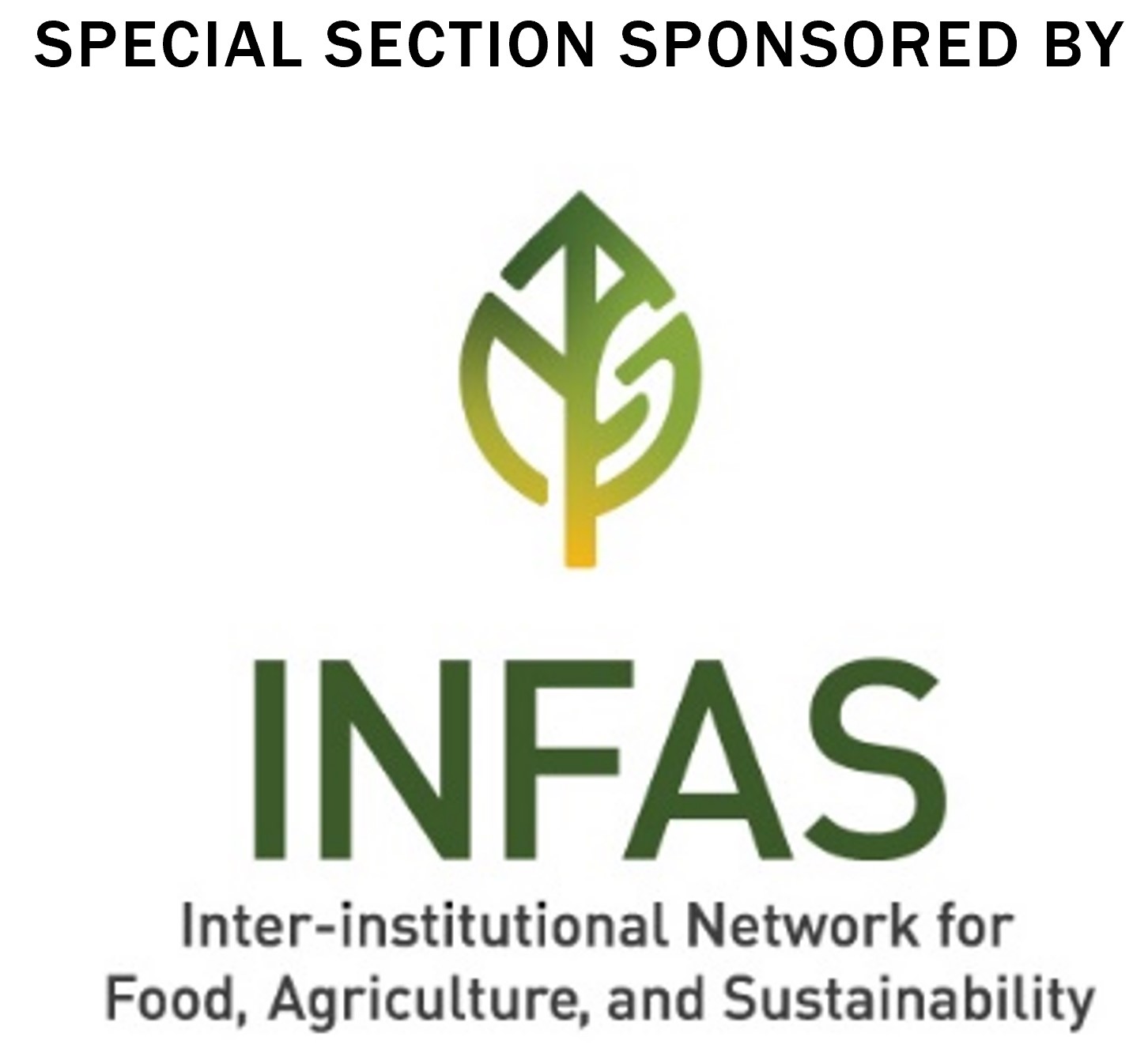College student food security during the COVID-19 pandemic
DOI:
https://doi.org/10.5304/jafscd.2023.122.019
Keywords:
Food Insecurity, Higher Education, COVID-19, Pandemic, Sexual Orientation, Retrospective Pretest-Posttest, Food SecurityAbstract
Food insecurity among college and university students has increased in the past decade. The COVID-19 pandemic has presented unique public health challenges, including increased food insecurity. In a cross-sectional survey of students at a private university in the midwestern U.S. (N=253) we examined how student food security status changed during the pandemic and what relationships exist between changes in food security and various aspects of student identities. Twenty-nine percent of responding students indicated that they became less food secure during the pandemic, and the overall reported food insecurity rate increased by 130.77%. Change in respondent food security status during the pandemic was associated with household income (p=0.000), loss or family loss of employment because of the pandemic (p=0.000), receiving financial aid (p=0.006), individual or family infection with COVID-19 (p=0.020), perceived health during the pandemic (p=0.000), eating 4.5 cups of fruits and/or vegetables each day (p=0.040), race and ethnicity (p=0.042), first-generation in higher education (p=0.017), sexual orientation (p=0.027), and spring 2020 GPA (p=0.003). The results contribute to a growing body of evidence that higher education institutions, as well as state and federal governments, should increase their efforts to support students to achieve food security. In doing so, it is critical to consider the disparities in food security associated with diverse and intersecting social identities, including socio-economic class, race and ethnicity, being first in one’s family to attend college, and sexual orientation. Our results further suggest the need for interventions that not only address immediate symptoms of food insecurity but also structural discrimination that makes it more difficult for members of marginalized groups to become food secure.
Metrics

Downloads
Published
How to Cite
Issue
Section
Categories
License
Copyright (c) 2023 Frankie Rafferty, Tania M. Schusler, Mariana C. Valencia Mestre

This work is licensed under a Creative Commons Attribution 4.0 International License.
The copyright to all content published in JAFSCD belongs to the author(s). It is licensed as CC BY 4.0. This license determines how you may reprint, copy, distribute, or otherwise share JAFSCD content.











